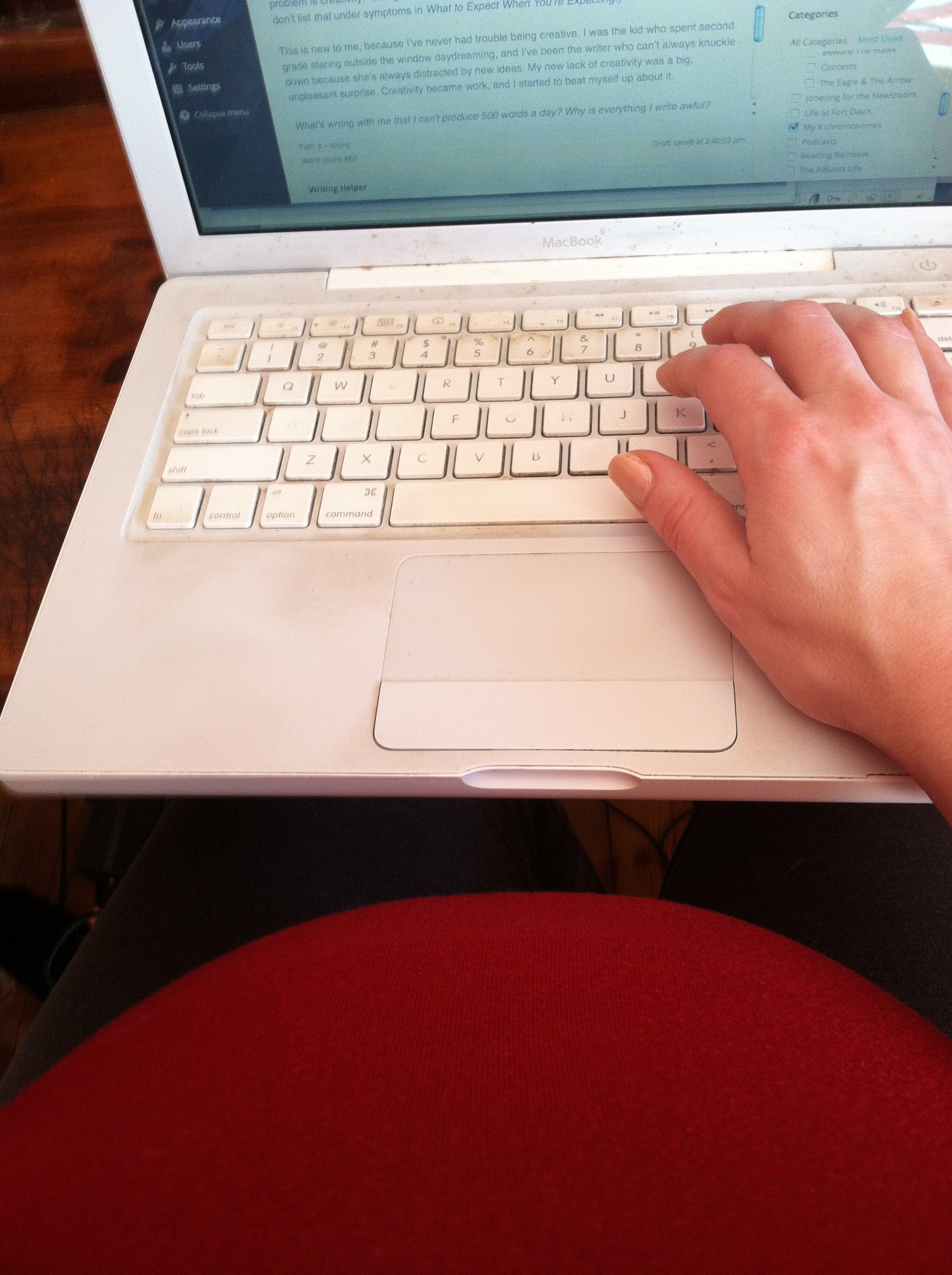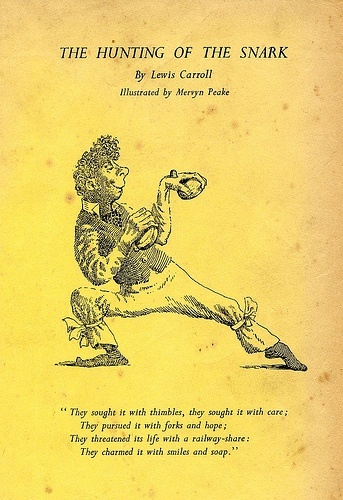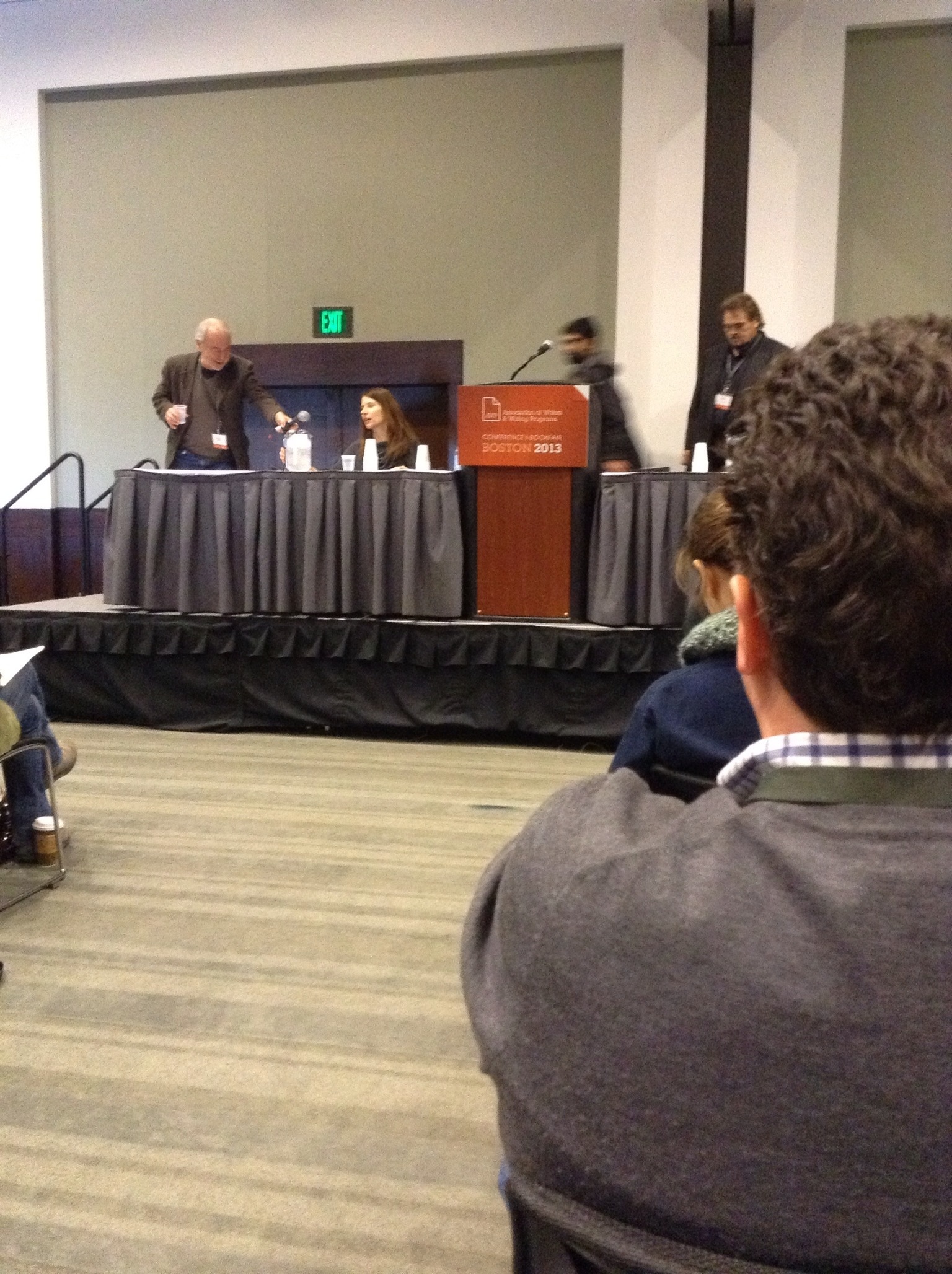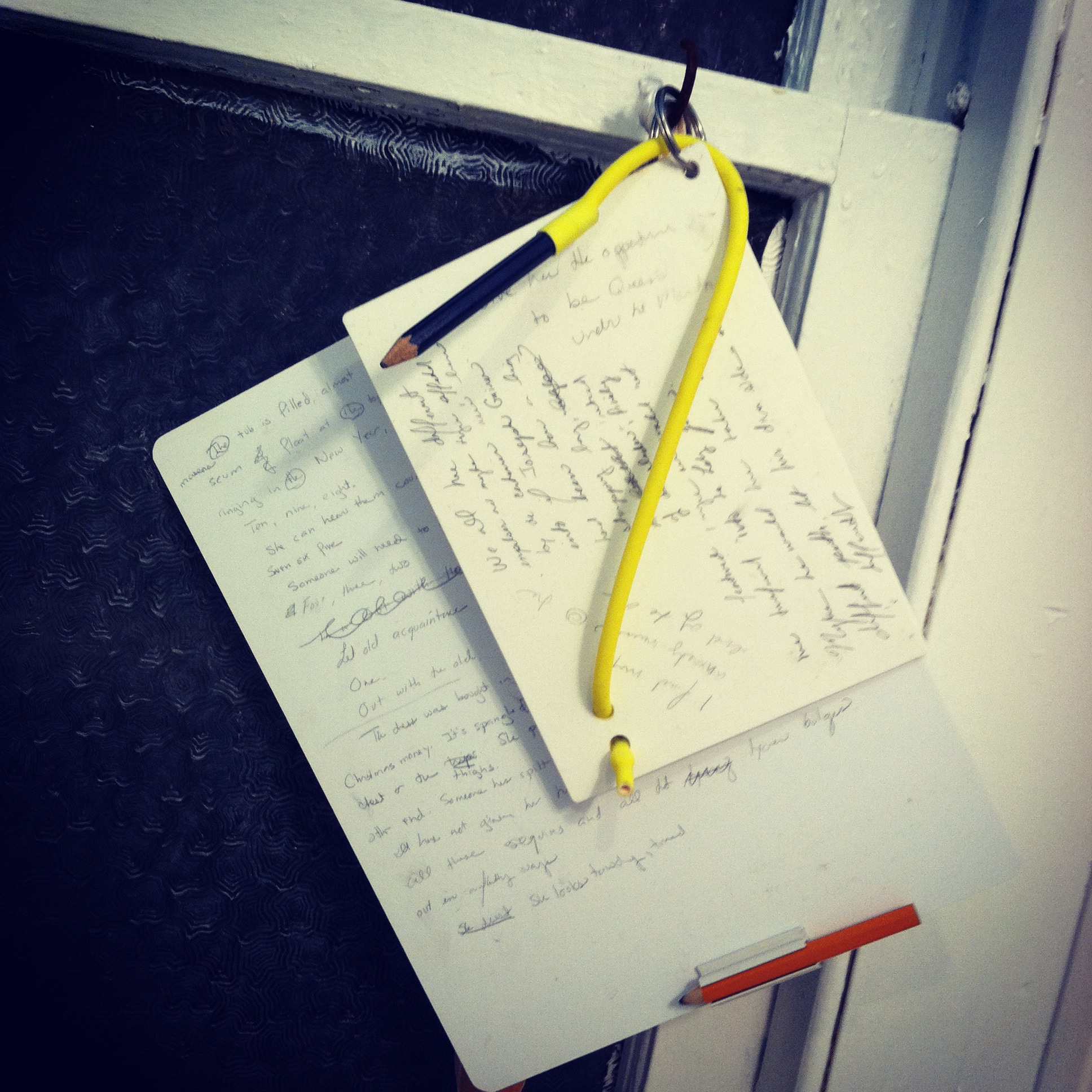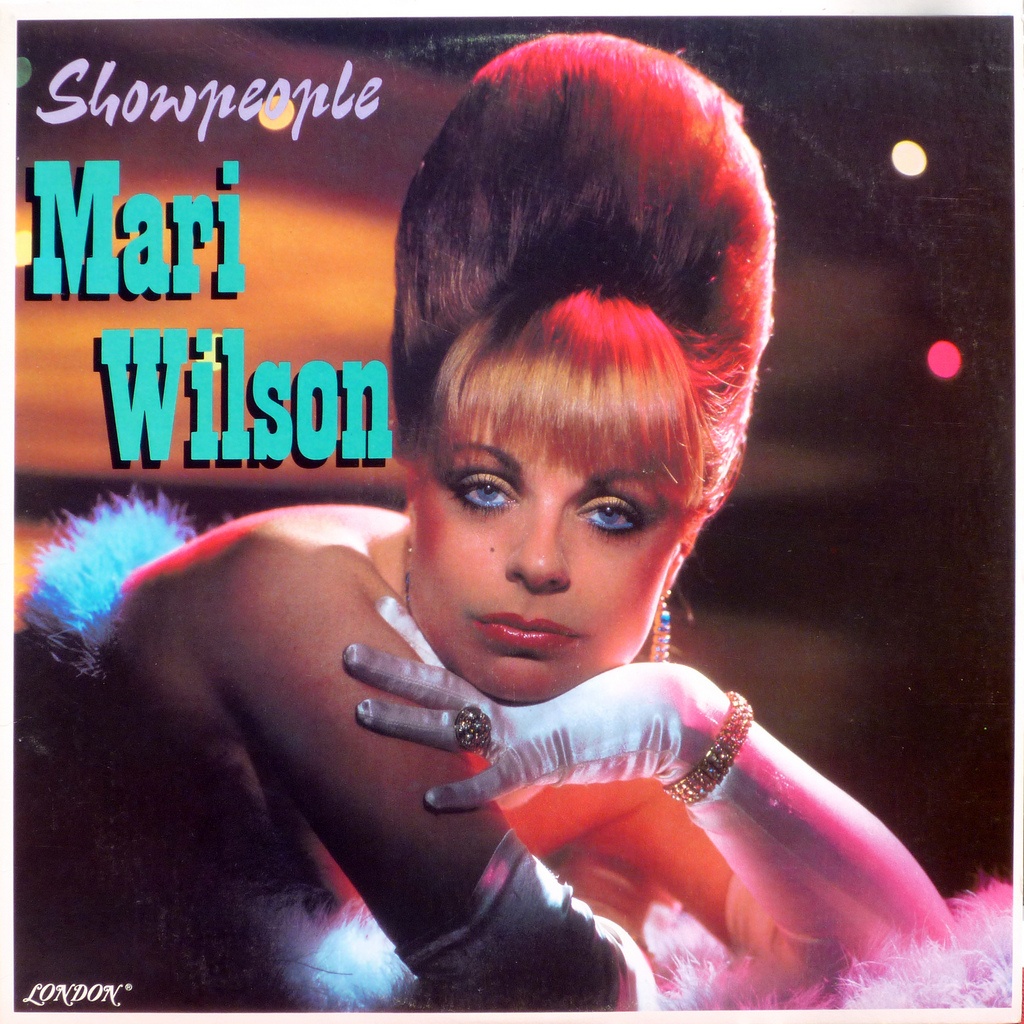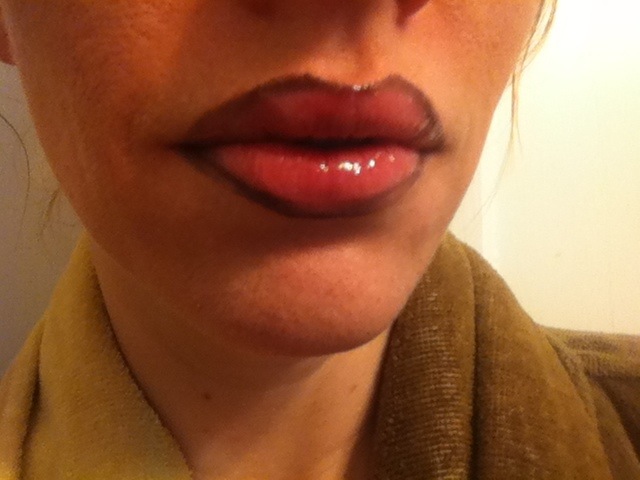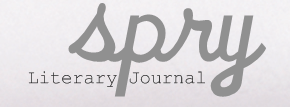At eight months pregnant, I’m a little nervous about my writing career. Mostly because writing while pregnant has not been easy for me. In fact, it’s been really difficult.
I’ve held off on writing this post because of the inevitable comments of those who will say things like “You think <insert activity> is hard now. What until you have <an infant, a toddler, a child, a teenager, etc.>” but then I realized that those one-uppers will always rear their heads, no matter how old my child is or what stage of life I’m in.
So screw it. I’m writing this now, because I wish I’d known it earlier and maybe someone else needs to read it: writing while pregnant has been a struggle for me. I truly hope that other writers don’t have as rough a time with it as I have, but just in case another pregnant writer is out there, reading this and beating herself up for her lack of productivity, let me say this to you: You’re not alone, lady.
I’ve always assumed I could write no matter what. In fact, I figured that if I ever did get pregnant, I’d go into literary nesting mode, write daily and finish churning out my novel and probably other projects as well. I thought I’d be super-creative.
That didn’t exactly happen. Every pregnancy is different, but a host of physical symptoms kept me from my desk: fatigue, nausea, pain, and now, in the last weeks of my pregnancy, an inability to get myself or my laptop comfortably positioned long enough to write a meaningful sentence. Seriously. I need a floaty Minority Report keyboard and maybe some anti-gravity for an hour or so a day.
The strangest side-effect for me as a writer was probably this: my brain hasn’t worked in quite the same way for the past 30-something weeks.
Let me try to explain what I mean by this: I can do my paid job without a problem. I can edit and revise, and I can outline and organize my projects, and I can even write articles. The problem is creativity: sitting down to make art became all of a sudden, extremely difficult. (They don’t list that under symptoms in What to Expect When You’re Expecting.)
This is new to me, because I’ve never had trouble being creative. I was the kid who spent second grade staring outside the window daydreaming, and I’ve been the writer who can’t always knuckle down because she’s always distracted by new ideas. My new lack of creativity was a big, unpleasant surprise. Creativity became work, and I started to beat myself up about it: What’s wrong with me that I can’t produce 500 words a day? Why is everything I write awful?
Now that I’ve been living with this change for a while, I do wish I hadn’t been so hard on myself about it — I imagine that any person who undergoes any major physical shift, like injury or illness or chronic pain or a huge lifestyle shift — must go through similar issues. Our brain chemistry is delicate; any change can cause a shift in how we experience life.
It took me months to figure out how to work around the issue effectively, but eventually, (and later in my pregnancy than I like) I started to repeat something I’d heard from Nalini Jones, an MFA teacher I once had a workshop with: “If you can’t create, you can work.”
So now I’m editing a backlog of old work, both for my novel and for my new serial fiction project. I’m also forcing myself to write a little bit of a flash-fiction every week, because I’ve discovered that I can still be creative — it’s just hard now, the way that math was hard for me in grade school. I need to build that muscle just in case things don’t immediately improve when the baby is born.
And I take naps when my schedule allows. I still feel guilty about it, but I do it anyhow.

